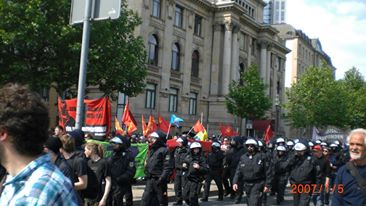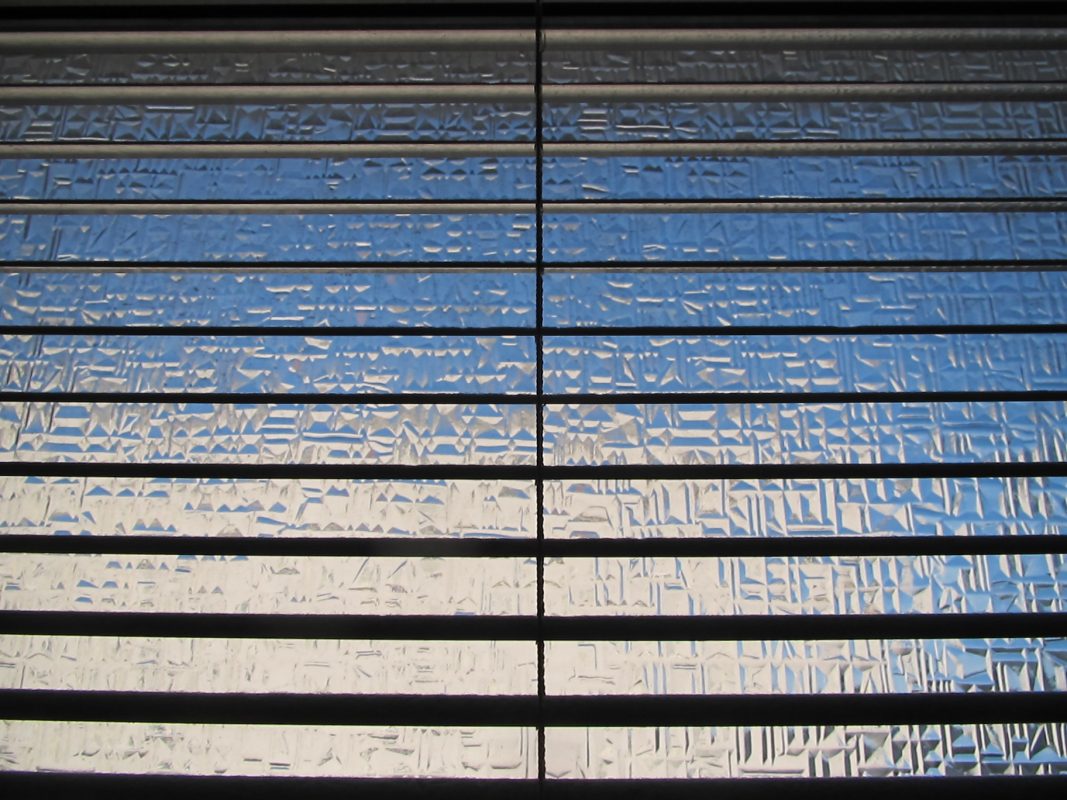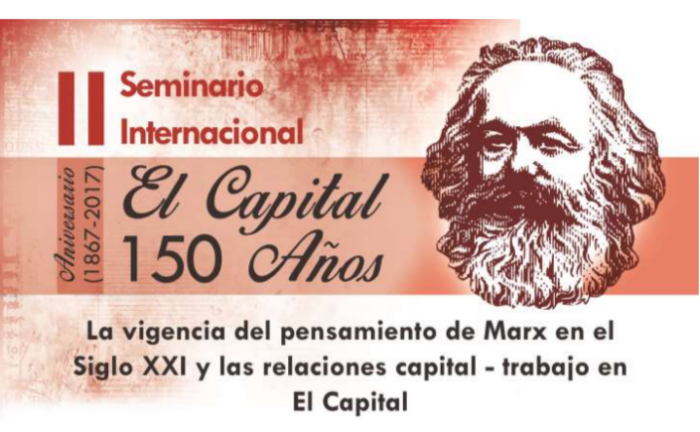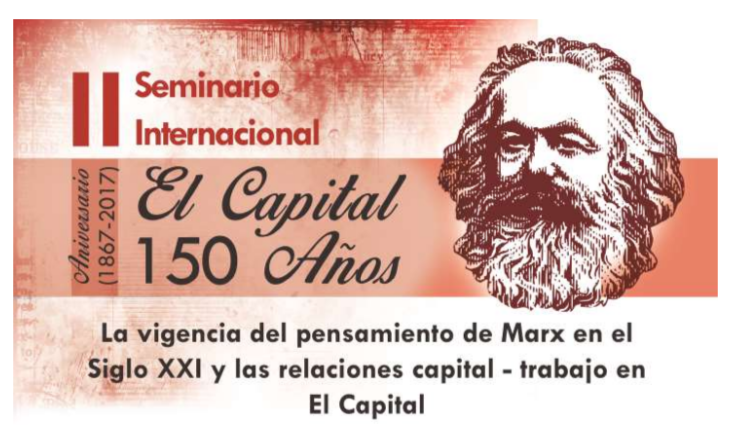HILFERDING’S INFLUENCE ON SCHUMPETER: A First Discussion
by Panayotis Michaelides and John Milios Department of Humanities, Social Sciences and Law School of Applied Mathematics and Physics National Technical University of Athens pmichael@central.ntua.gr, jmilios@hol.gr Abstract In the present paper, the origins of some of Joseph Alois Schumpeter’s views […]
HILFERDING’S INFLUENCE ON SCHUMPETER: A First Discussion








